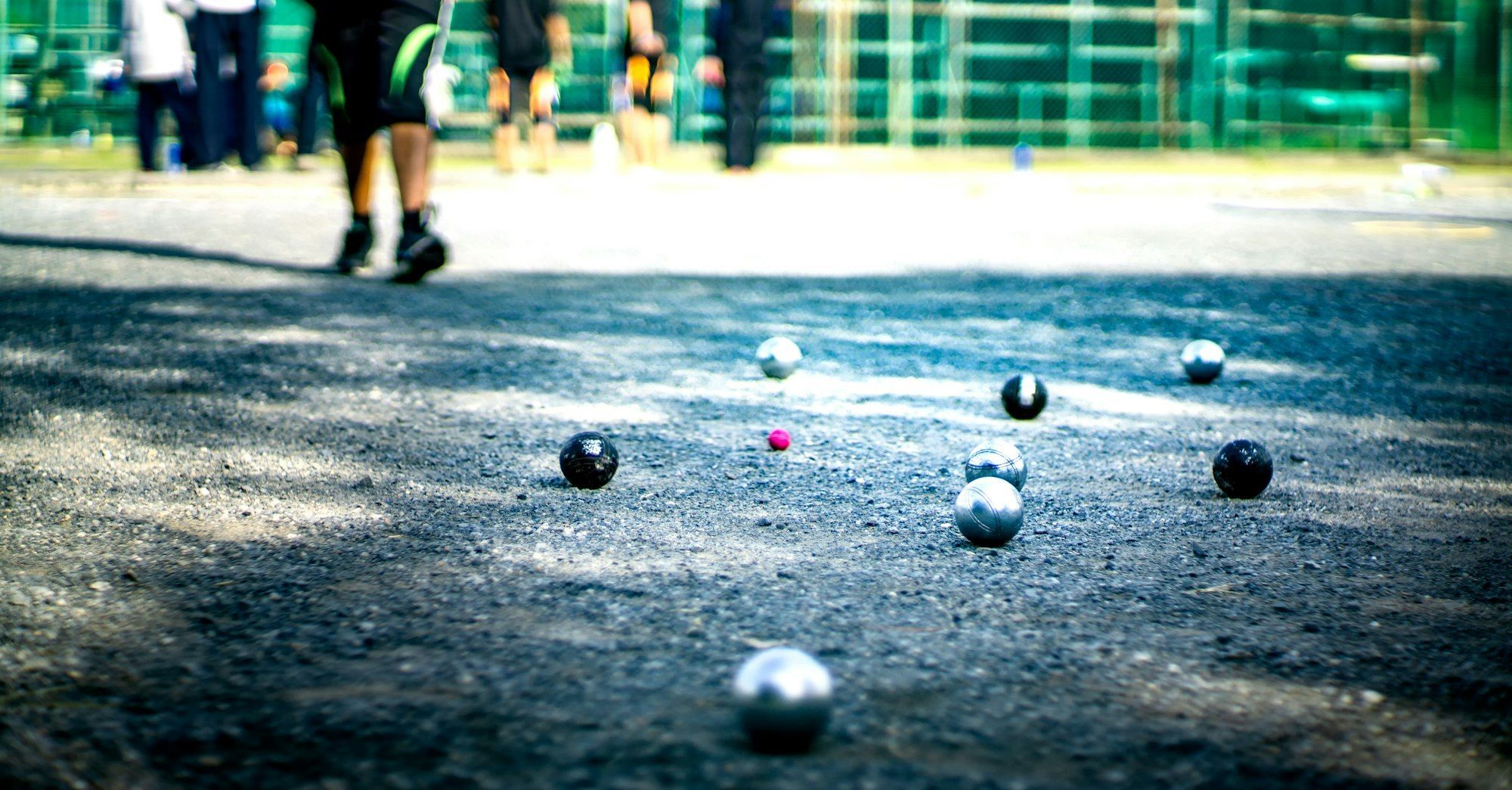Undoubtedly, when it comes to the game of petanque, precision and control are of paramount importance. These key aspects can significantly determine the difference between victory and defeat, especially under competitive stress. For many petanque players, the challenge lies not only in mastering the physical elements of the game but also managing the mental and emotional pressures during competitions. This article aims to provide comprehensive strategies on how petanque players can enhance their precision and control under pressure.
Understanding the Importance of Precision and Control in Petanque
Before we dive into the strategies, it’s crucial to understand the significance of precision and control in the game of petanque.
Also to see : How can badminton players enhance their reaction time to fast shuttles?
Precision refers to the player’s ability to accurately aim and throw the boules at the designated target, typically the ‘jack’. Perfecting this skill requires consistent practice and a comprehensive understanding of the game’s mechanics.
On the other hand, control involves managing the power and spin of the boules. Players need to control their throwing power to ensure they don’t overshoot or undershoot the jack. Further, the spin of the boules can impact how the boules move and stop on the playing surface, influencing game outcomes.
Have you seen this : What dietary strategies can help reduce inflammation in long-distance runners?
Enhancing Precision and Control through Regular Practice
The old adage goes, "Practice makes perfect," and it couldn’t be truer in the game of petanque. Regular practice can greatly enhance a player’s precision and control, even under high-stress situations.
One effective way to improve precision is through repetitive drills. It involves repeatedly throwing the boules at the jack from varying distances and angles. This helps the player understand the mechanics of the game better and develop a consistent throwing technique.
To enhance control, players can practice throwing the boules with different levels of power and spin. Experimenting with different throwing styles can help players discover what works best for them, thus improving their control over the boules during the game.
Managing Competitive Stress: The Role of Mental Preparation
Well, the physical aspects of petanque are just one side of the coin. The other side involves mental preparation, which is crucial in managing the stress that often accompanies competitive games.
Sports psychology suggests that visualization techniques can be highly beneficial in such cases. Visualization involves imagining the game scenario and the desired outcome. This mental rehearsal primes the brain for success and can improve a player’s confidence and performance.
Additionally, mindfulness and deep breathing exercises can help manage anxiety and stress. By focusing on the present moment and maintaining a steady breathing pattern, players can stay calm and composed, enabling them to perform at their best.
Nutrition and Hydration: Fueling Performance and Precision
Believe it or not, what you consume can play a significant role in your game performance. The right nutrition and hydration can fuel your body and mind, improving your precision and control during high-stress games.
Consuming a balanced diet rich in proteins, complex carbohydrates, and healthy fats can provide the necessary energy to perform optimally. Additionally, staying adequately hydrated is vital. Dehydration can impair cognitive function and physical performance, leading to reduced precision and control.
Importance of Physical Conditioning
Lastly, let’s not ignore the importance of physical conditioning. While petanque may not be as physically demanding as other sports, its players still require a certain level of strength, flexibility, and endurance.
Strength training, particularly focusing on the arm and wrist muscles, can enhance the player’s throwing power and control. Flexibility exercises can improve the range of motion and prevent injuries. Lastly, endurance exercises can help players maintain their performance level throughout the game, even in high-stress situations.
In conclusion, improving precision and control under competitive stress in petanque involves a combination of regular practice, mental preparation, proper nutrition and hydration, and physical conditioning. By incorporating these strategies, players can expect to see a significant improvement in their game performance, even under the most stressful conditions.
Incorporating Technology into Training
In today’s digital age, technology has permeated various aspects of our lives, including sports training. Petanque is not an exception, and players can leverage technology to improve their precision and control.
One way to do this is by using video analysis. Recording and reviewing your throws can provide valuable insights into your technique. By analyzing these videos, you can identify specific areas where you need improvement. For instance, you might notice that your throws consistently veer to the right, indicating a need to adjust your aim or throwing motion.
Another technological tool that can be beneficial is the use of apps designed for sports training. Some apps provide interactive training modules, feedback on performance, and even simulate high-pressure scenarios. These simulated environments can help you acclimate to the stress of competitive games and enhance your ability to perform under pressure.
Virtual reality (VR) is another emerging technology that can revolutionize petanque training. Though still in its early stages, VR can potentially allow players to practice in a variety of simulated environments. This can help players adapt to different game situations and improve their precision and control, regardless of the conditions.
Conclusion: A Holistic Approach to Improving Precision and Control
Improving precision and control in petanque under competitive stress is no small task, but it is possible with a holistic approach. This approach includes regular practice, mental preparation, proper nutrition and hydration, physical conditioning, and the incorporation of technology into training.
Remember, regular practice is key to mastering the physical aspects of the game and developing consistency in your throws. Mental preparation, through techniques such as visualization and mindfulness, can help manage competitive stress. Consuming the right nutrition and staying hydrated is crucial for optimal physical and cognitive performance. Physical conditioning enhances your strength, flexibility, and endurance, while technology offers innovative ways to analyze and improve your technique.
The road to becoming a top petanque player may be challenging, but with dedication, resilience, and the right strategies, you can significantly improve your precision and control, even under the most stressful conditions. So, steel your nerves, refine your strategies, and prepare to conquer the petanque court!






